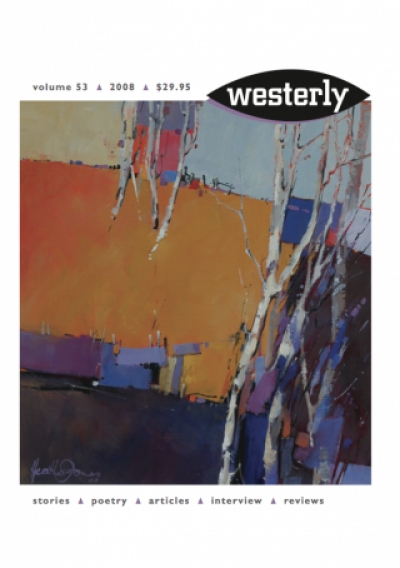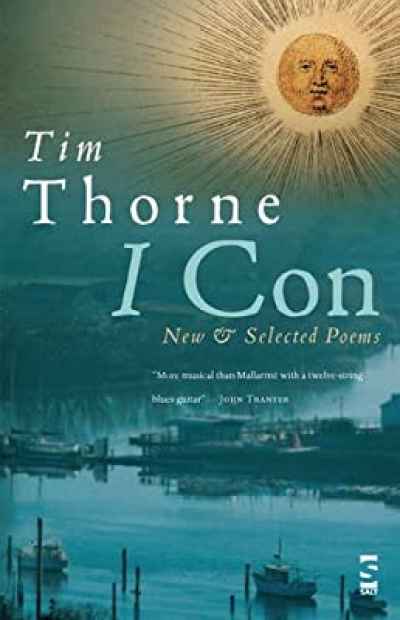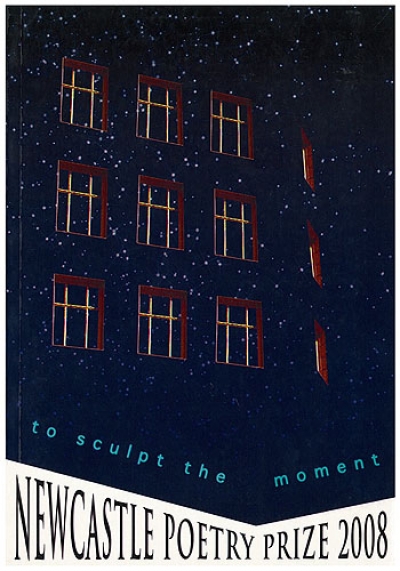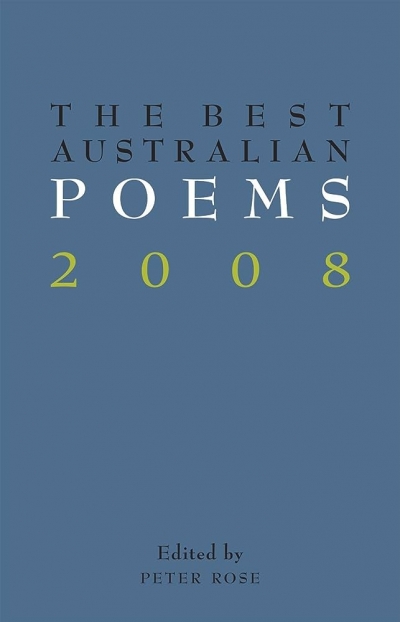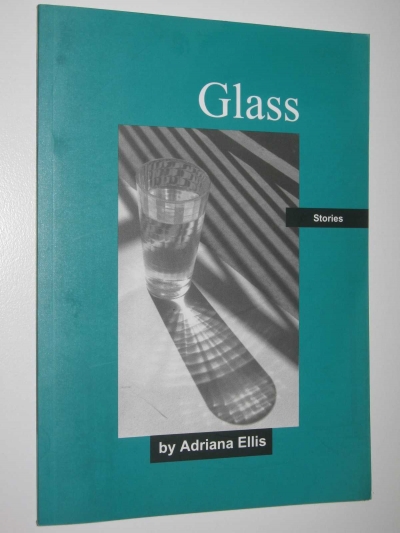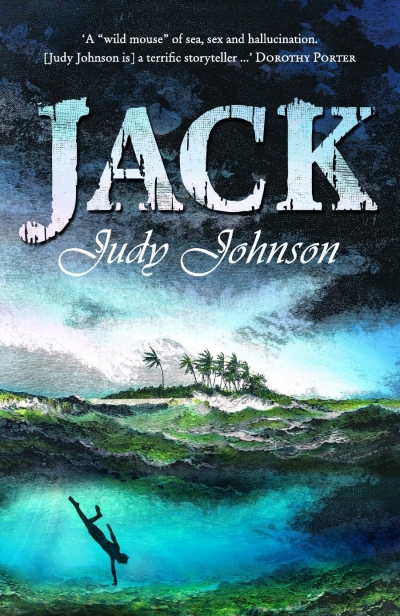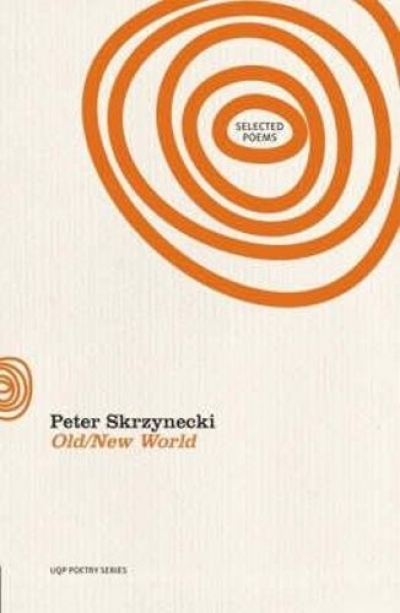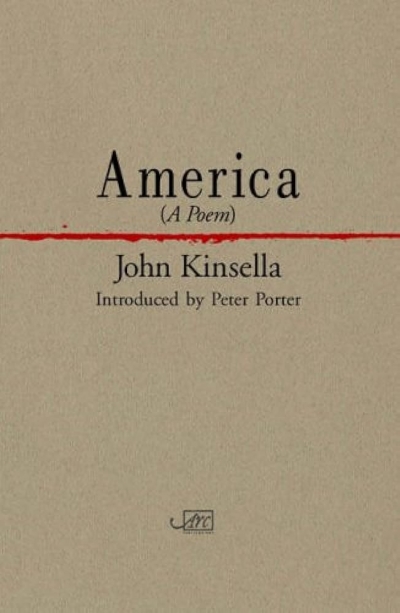Peter Porter, in his introduction to John Kinsella’s new collection, notes that ‘we are all familiar with the surface details of American life. Kinsella does not have to footnote his poem: we recognise his instances immediately … We all speak American.’ Given that Kinsella now lives and works in the United States, Porter also identifies ‘the disillusion at seeing a great exemplar close up’ as one likely catalyst behind the poetic polemic that constitutes this book. Yet it is the surface, the broad impressionistic sweep that we in Australia have absorbed over decades of exposure to American life in our newspapers, magazines, television programmes and popular music, with which Kinsella often engages. One senses that the poet, whether up close or at a distance, would find much about the United States with which to take issue. Nevertheless, his engagement with, and rupturing of, surface in this long poem, or sequence of poems, seems apt. Kinsella smatters the text with allusions to film (ranging from the Marx brothers to Carrie), popular music (George Gershwin to Jefferson Airplane) and numerous other trappings of American life. In doing so, he takes popular culture’s immersion in artifice and turns it against itself.
...
(read more)

